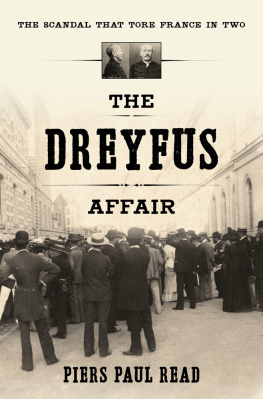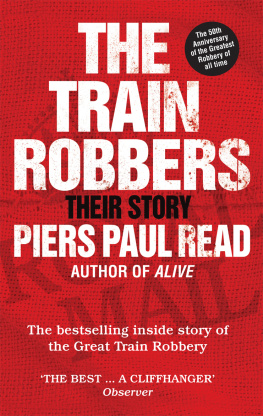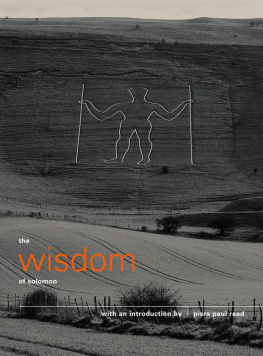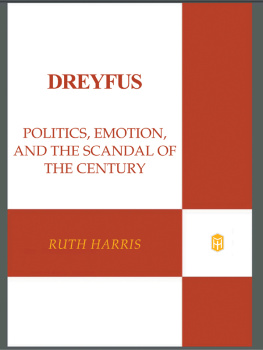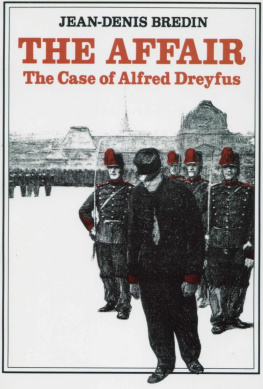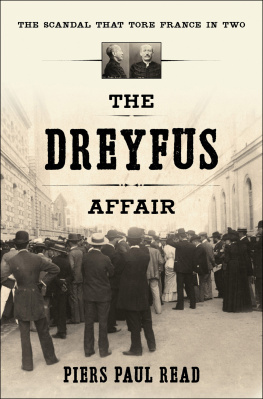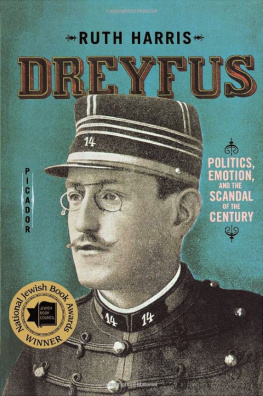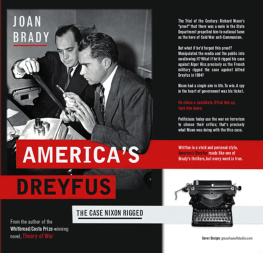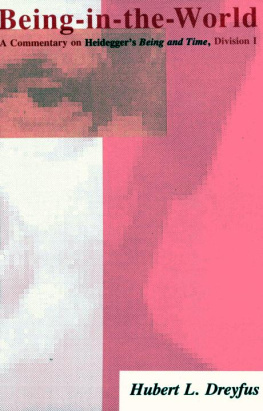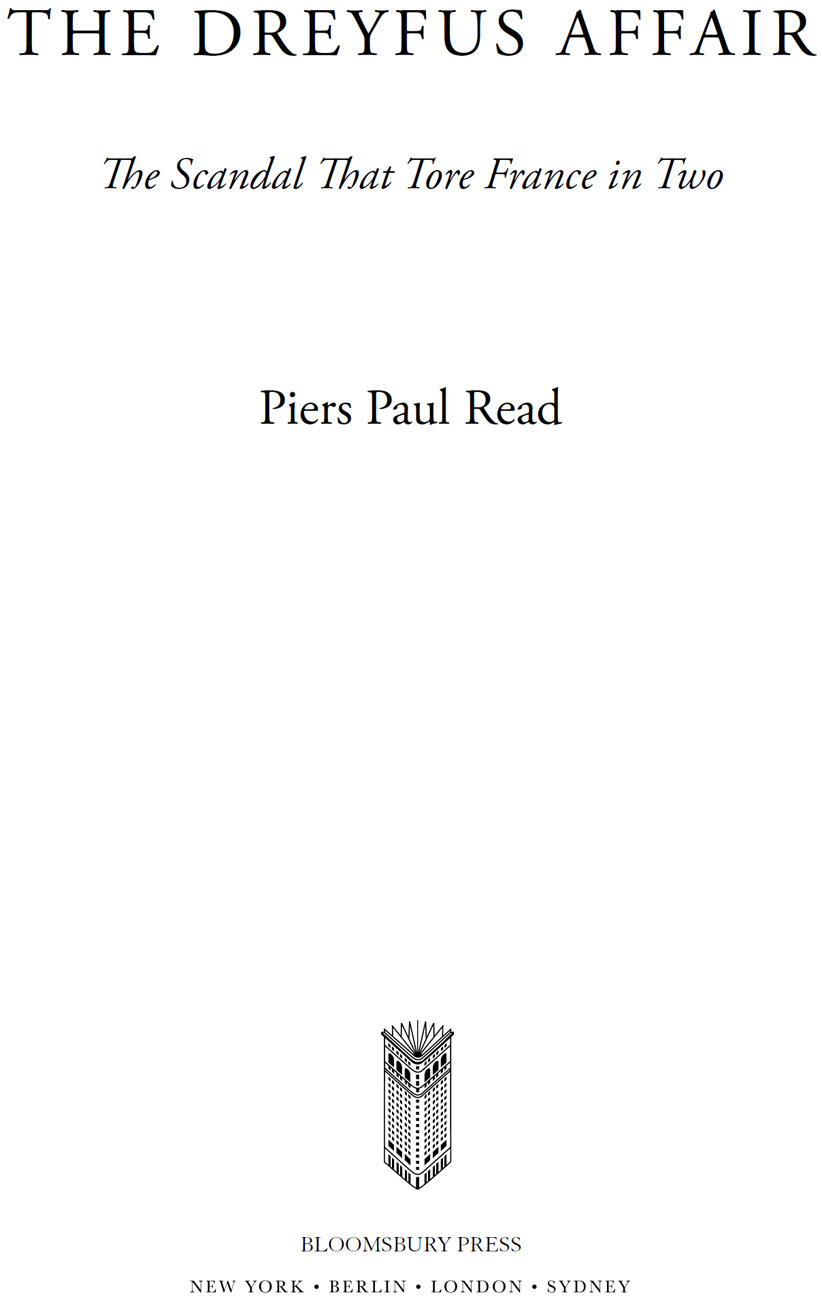
Contents
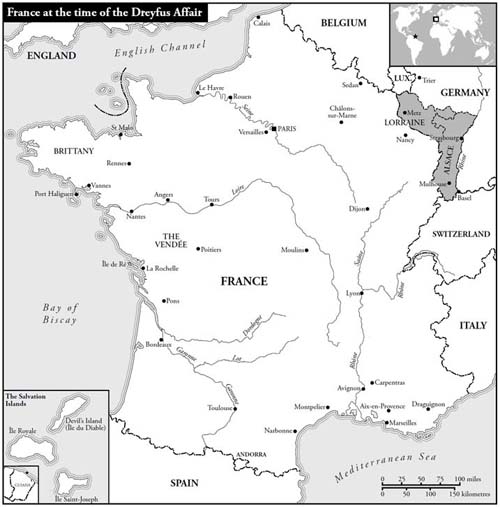
Many books have been written about the miscarriage of justice in France in 1894 which led to the Dreyfus Affair. A complete bibliography of the Affair published in 1970 listed 551 titles
One reason for the continuing interest in the Affair is the intriguing nature of the story itself. A year before he himself became a protagonist by writing Jaccuse, the French novelist mile Zola saw its potential. What a poignant drama, he wrote in Le Figaro , and what superb characters. Moreover the events took place at a period in French history the belle poque which saw an extraordinary flourishing of arts and sciences, flamboyant fin de sicle architecture and a sexual permissiveness that brought Edward, Prince of Wales and Oscar Wilde to Paris to escape the chilly moral climate of Victorian England.
However, as the Dreyfusard poet Charles Pguy realised at the time, the Affair was more than a dramatic story in a colourful setting. The tumult that divided France was of major and long-lasting significance in three interconnected histories that of France, that of Israel and above all that of Christianity. for the anti-Semitism of Hitlers Third Reich.
Modern historians of the Affair dispute this linkage. The history of the Right during the affair, wrote Ruth Harris in her The Man on Devils Island: Alfred Dreyfus and the Affair that Divided France (2010), has too often been distorted by attempts to press the fin de sicle into an inter-war mould, to find a dark teleology that does not really exist.
As the title of Duclerts book suggests, he sees Alfred Dreyfus as a hero of the secular French Republic and of the values of the Enlightenment, rather than of the Jewish people or the Jewish religion. That is undoubtedly how Dreyfus saw himself. However, if Dreyfus had not been Jewish it seems unlikely that his case would have become a cause clbre of such magnitude. The French historian Alain Pags asked how the sufferings of Dreyfus could cause worldwide indignation at a time when France was committing crimes in Africa or in Indo-China that were without a doubt a thousand times more odious... without arousing much reaction from French political opinion. is as obscure as that of Dreyfus is well known.
In France the Dreyfus Affair remained contentious well into the twentieth century. Alfred Dreyfuss son Pierre wrote that his father would be recognised by future generations as one of the truest heroes in the history of our beloved France;
On the centenary of the publication of Jaccuse in 1998, the then President of the French Republic, Jacques Chirac, wrote to the descendants of both Alfred Dreyfus and mile Zola to mark the occasion. In 2006, a stamp was issued depicting Alfred Dreyfus, and the Socialist Minister of Culture Jack Lang proposed that the body of Dreyfus, like that of Zola, should be reinterred in the Panthon. Dreyfuss grandson, Jean-Louis Lvy, said he thought his grandfather would rather remain in the Montparnasse cemetery. His grave is extremely modest and I think he was a man who would not like to have been Panthonised.
The Panthonisation of Alfred Dreyfus has been left to historians. If Dreyfus and his friends become historians and write text-books, wrote Maurice Barrs, the anti-Dreyfusard author and journalist, we shall be villains in the eyes of posterity.
Can anything be said for the anti-Dreyfusards? Because so many of them were Catholics, both tribal and devout, Catholic historians have been wary of writing about the Affair, and before starting this book I asked myself whether it was prudent for me, as a Catholic, to remind the world of their role. However, Pguy was right to see the Affair as a defining moment in the history of the Catholic Church. The Affair is intelligible only if it is seen in the context of the ideological struggle between the France of St Louis and the France of Voltaire. Moreover, as Albert S. Lindemann wrote in The Jew Accused , if anti-Semitism is to be comprehended, it must be through an analysis of the Gentile mind, a dissection of the pathologies of western Christian thought that have over the ages powerfully conditioned non-Jews to hate Jews. Like Lindemann, I believe that a calm, balanced and unflinching effort to understand anti-Semitism and anti-Semites is in the long run the best defence against the views they propagate.
The Dreyfus Affair tells a story that needs no fictional embellishment and the account which follows is based either on the memoirs of those involved or on facts established by reputable historians. Unless otherwise indicated in the Notes and Bibliography, translations from the French are my own. I have been free in rendering dialogue to make it easy on the modern ear. I have used the term Prime Minister rather thanPresident of the Council of Ministers for the same reason. Commandant and Major are used interchangeably. To make the story manageable, and yet render its complexities comprehensible for a general reader, I have started this account with the event that saw the birth of modern Europe the French Revolution of 1789.
Part One
1: The Estates General
In 1788, King Louis XVI of France, faced with bankruptcy, was obliged to summon the Estates General to authorise new taxes. Last convened under King Louis XIII in 1614, this vehicle for democratic representation had fallen into desuetude. The Bourbons believed in their God-given right to rule as absolute monarchs, and even now Louis XVI was reluctant to concede to his people a say in how they were governed. The nobility and clergy, too, saw a potential threat to their privileges, in particular their exemption from existing taxes such as the taille . However, the governments financial predicament, and growing disorder throughout the country, left the King with no alternative and the Estates General was commanded to convene at Versailles in May 1789.
The First of the three Estates was chosen by the nobility, the Second by the clergy and the Third by the commons. Voting for the delegates took place in January. The novelty of an election meant a high turn-out and a surge of political debate in cafs, clubs and Masonic Lodges. Pamphleteers discussed and disseminated the ideas of Voltaire, Rousseau, the French Encyclopaedists and the English philosopher John Locke. All condemned the concept of royal absolutism, but none at this stage envisaged a nation without a king. After much wrangling, it was agreed that the Third Estate, since it represented 96 per cent of the population, should have double the representation of the first two: there were 610 members as against 291 for the First Estate, the nobility, and 300 for the Second, the clergy.
The first session of the Estates General was opened by the King at Versailles on 2 May 1789. On 17 June, after a number of disputes over its authority, the Third Estate declared itself a National Assembly and was joined by some radical aristocrats and a majority of the clergy. Locked out of their usual meeting place by orders of the King, the members of the new Assembly retreated to an indoor tennis-court and took an oath never to disperse until they had established a democratic constitution. They then went to work to draw up such a constitution under the presidency of the Archbishop of Vienne.
The rejection of royal authority by the new National Assembly was supported by a mob of angry Parisians. On 14 July, a crowd of 60,000 seized 28,000 muskets from the military hospital, the Invalides, and then marched on the Bastille, a large, fourteenth-century fortress where prisoners were held on the whim of the King. At the time there were only seven inmates four forgers, an Irish lunatic and an incestuous aristocrat imprisoned at the request of his family. However, the Bastille symbolised the despotic powers of the King. It fell to the mob with casualties on both sides. Is this a rebellion? asked King Louis when told of the fall of the Bastille. No, sire, replied the Duc de la Rochefoucault-Liancourt, who had given him the news, it is a revolution.
Next page
